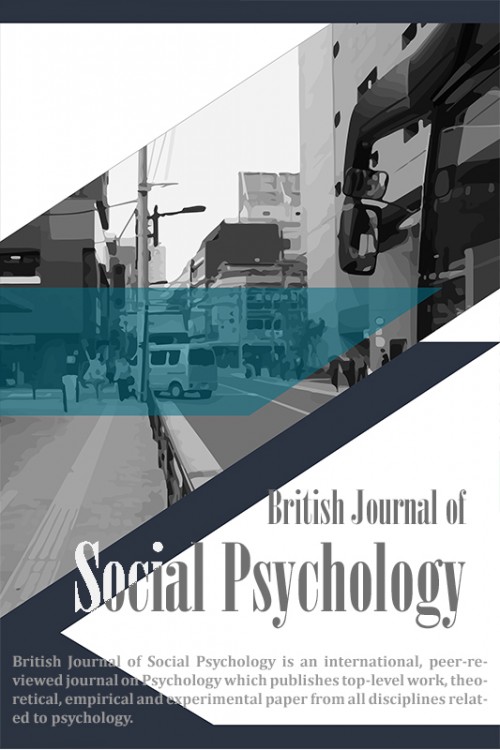
A Study of the Relationship between Metacognitive Beliefs with Life Orientation and Academic Achievement in High School Students
Abstract
The purpose of this study was to investigate the relationship between metacognitive beliefs and life orientation and academic achievement of high school students in 2015. This is a descriptive-correlational study that was performed on 289 students selected by multi-stage random cluster sampling method. Research instruments included demographic information form, metacognitive beliefs questionnaire (MCC-30) and Life-Orientation (LOT-R) questionnaire. Also, for academic achievement, the past year workbook of students were used. Data were analyzed using SPSS-18 software, descriptive and inferential statistical methods. Findings with the use of Pearson correlation showed that there is a significant negative relationship between metacognitive beliefs and life orientation. Also, there was a significant negative correlation between the components of meta-cognitive beliefs and academic achievement of students (P <0.05). The results of stepwise regression showed that the cognitive contradiction variable of meta-cognitive beliefs had the highest predictive power for life orientation. Independent T-test also showed that there was no significant difference between metacognitive beliefs and life orientation in male and female students (P> 0.05). From the results it can be concluded that whatever metacognitive beliefs about students' concerns are lower, they will be more optimistic about the future, and this can play an important role in their academic performance.